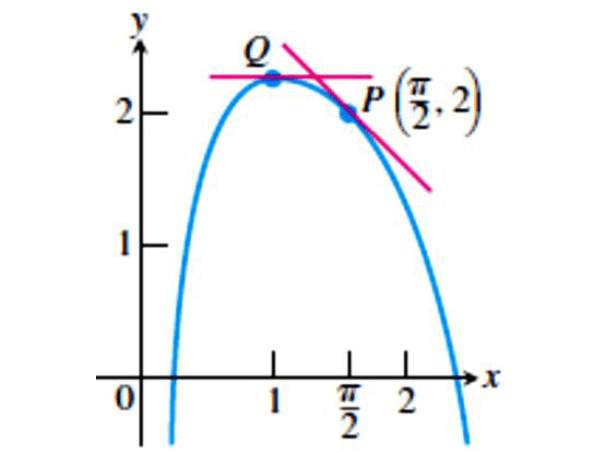EVALUATING ARITHMETIC SERIES
A series whose terms are in arithmetic sequence is called arithmetic series.
To find sum of terms in arithmetic sequence, we can use one of the formulas given below.
Sn = (n/2) [a + l]
Sn = (n/2) [2a + (n - 1)d]
a = first term,
n = number of terms of the series,
d = common difference and l = last term
Question 1 :
Find the sum of the following.
(i) 3, 7, 11,… up to 40 terms.
Solution :
Number of terms (n) = 40
First term (a) = 3
Common difference (d) = 7 - 3 = 4
Sn = (n/2) [2a + (n - 1)d]
= (40/2) [2(3) + (40 - 1)4]
= 20 [6 + 156]
= 3240
Hence the sum of 40 terms of the given series is 3240.
(ii) 102, 97, 92,… up to 27 terms.
Solution :
Number of terms (n) = 27
First term (a) = 102
Common difference (d) = 97 - 102 = -5
Sn = (n/2) [2a + (n - 1)d]
= (27/2) [2(102) + (27 - 1)(-5)]
= (27/2) [204 + 26(-5)]
= (27/2) [204 - 130]
= (27/2) (74)
= 27 (37)
= 999
Hence the sum of 27 terms of the given series is 999.
(iii) 6 + 13 + 20 +...........+ 97
Solution :
l = 97, a = 6, d = 13 - 6 = 7
From this, we have to find the number of terms.
n = [(l - a)/d] + 1
n = [(97 - 6)/7] + 1
= (91/7) + 1
n = 13 + 1
n = 14
Sn = (n/2) [a + l]
= (14/2)[6 + 97]
= 7[103]
= 721
Hence the sum of given series is 721.
Question 2 :
How many consecutive odd integers beginning with 5 will sum to 480?
Solution :
Consecutive integers starting from 5 are 5, 7, 9, ............
5 + 7 + 9 + 11 + ............. = 480
Sn = 480
(n/2)[2a + (n - 1)d] = 480
a = 5, d = 7 - 5 = 2
(n/2)[2(5) + (n - 1)(2)] = 480
(n/2)[10 + 2n - 2] = 480
(n/2)[2n + 8] = 480
2n2 + 8n = 960
Dividing by 2, we get
n2 + 4n - 480 = 0
(n + 24) (n - 20) = 0
n = -24 or n = 20
Hence by finding sum of 20 terms we will get 480.
Kindly mail your feedback to v4formath@gmail.com
We always appreciate your feedback.
©All rights reserved. onlinemath4all.com
Recent Articles
-
AP Calculus AB Problems with Solutions
Dec 26, 24 07:41 AM
AP Calculus AB Problems with Solutions -
SAT Math Resources (Videos, Concepts, Worksheets and More)
Dec 23, 24 03:47 AM
SAT Math Resources (Videos, Concepts, Worksheets and More) -
Digital SAT Math Problems and Solutions (Part - 91)
Dec 23, 24 03:40 AM
Digital SAT Math Problems and Solutions (Part - 91)
